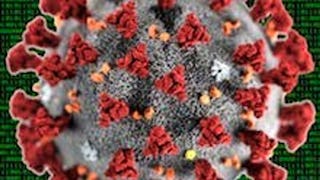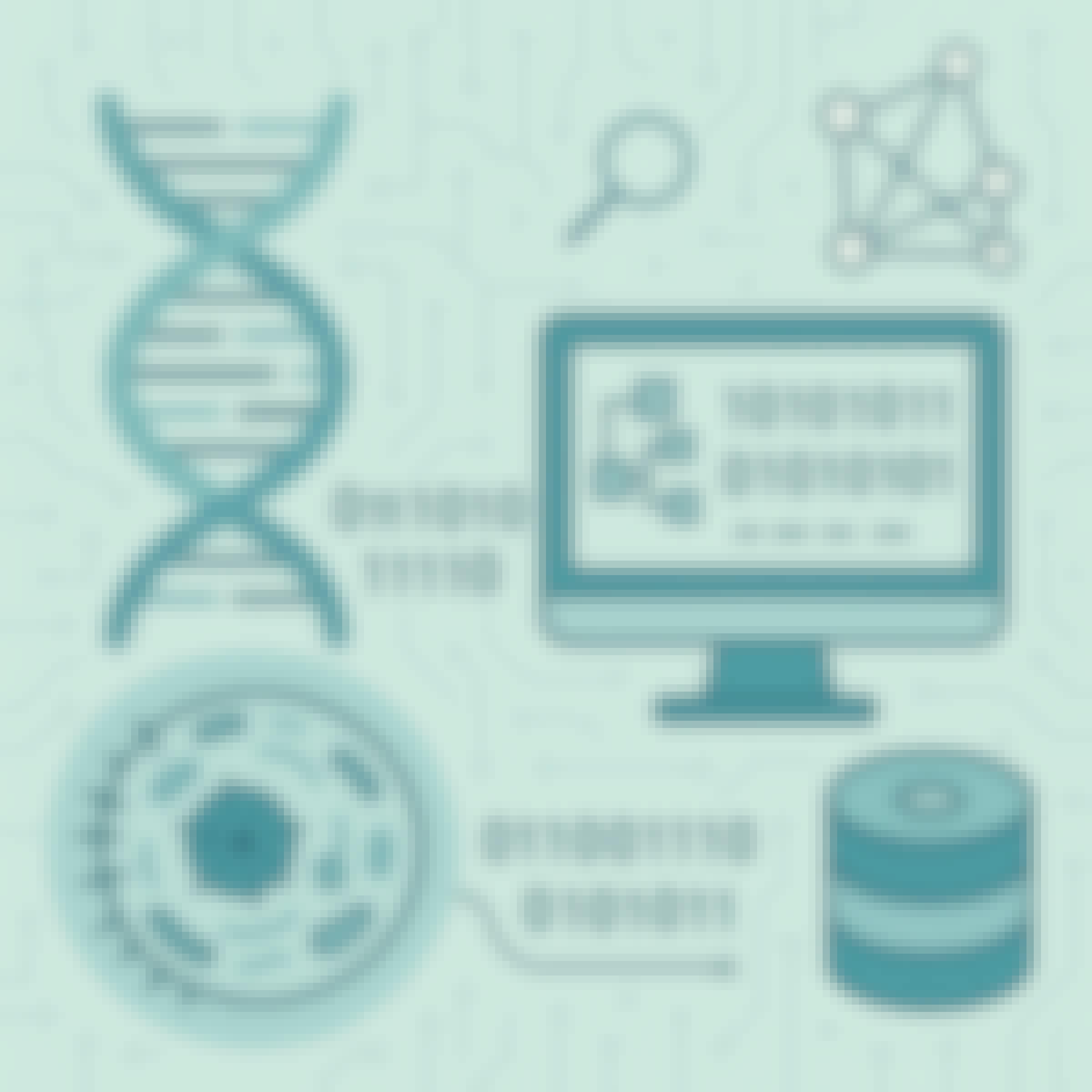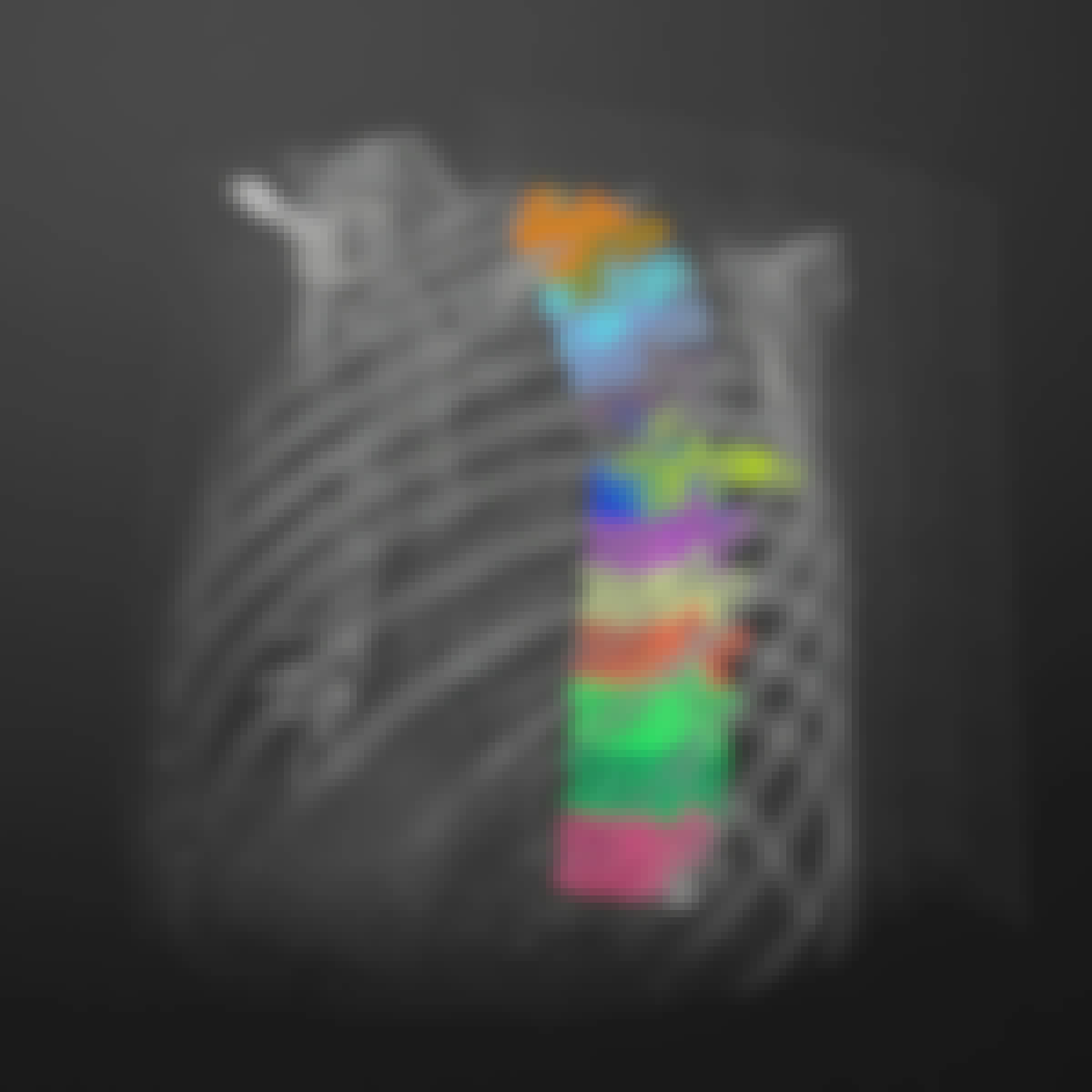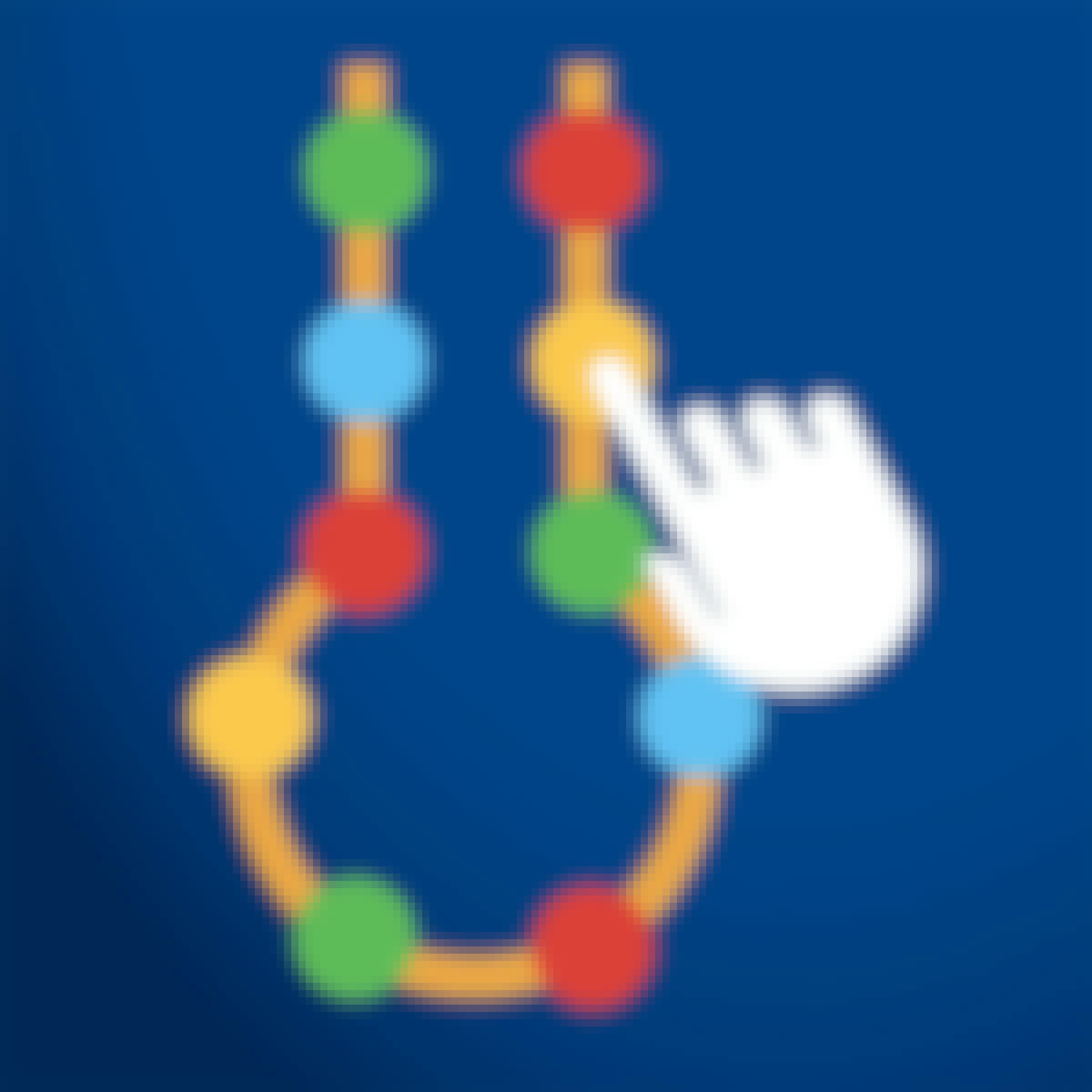Filter by
SubjectRequired
LanguageRequired
The language used throughout the course, in both instruction and assessments.
Learning ProductRequired
LevelRequired
DurationRequired
SkillsRequired
SubtitlesRequired
EducatorRequired
Explore the Biomedical Sciences Course Catalog
 Status: Preview
Status: PreviewUniversity of Glasgow
Skills you'll gain: 3D Modeling, 3D Assets, Scientific Visualization, Biomedical Engineering, Medical Terminology, Augmented and Virtual Reality (AR/VR), Anatomy, Animations, Image Analysis, Physiology, Biology, Medical Imaging
 Status: Preview
Status: PreviewDuke University
Skills you'll gain: Physiology, Respiration, Endocrinology, Anatomy, Pulmonology, Cardiology, Nephrology, Urology, Kinesiology, Vital Signs, Neurology, Biology, Nutrition and Diet
 Status: Preview
Status: PreviewAmerican Museum of Natural History
Skills you'll gain: Medical Science and Research, Healthcare Ethics, Biomedical Technology, Clinical Research, Biotechnology, Cell Biology, Life Sciences, Biology, Drug Development, Precision Medicine, Molecular Biology
 Status: Free Trial
Status: Free TrialUniversity of California San Diego
Skills you'll gain: Bioinformatics, Diagnostic Tests, Computational Thinking, Molecular Biology, Infectious Diseases, Informatics, Network Analysis, Medical Science and Research, Biochemistry, Data Mining, Scientific Visualization, Life Sciences, Tree Maps, Microbiology, Biology, Data Analysis Software, Pharmacology, Science and Research
 Status: Preview
Status: PreviewStanford University
Skills you'll gain: Grant Writing, Peer Review, Technical Writing, Technical Communication, Writing, Scientific Methods, Journals, Editing, Grammar, Research, Proofreading, Healthcare Ethics, Media and Communications
 Status: Preview
Status: PreviewJohns Hopkins University
Skills you'll gain: Health Systems, Systems Engineering, Medical Devices, Health Technology, Healthcare Industry Knowledge, Systems Integration, Systems Analysis, System Requirements, System Testing, Concept Of Operations, Solution Design
What brings you to Coursera today?
 Status: Preview
Status: PreviewDuke University
Skills you'll gain: Neurology, Physiology, Anatomy, Cell Biology, Psychology, Pathology, Molecular Biology
 Status: Free Trial
Status: Free TrialUniversity of California, Irvine
Skills you'll gain: Grammar, Peer Review, Writing, Research, Proofreading, Editing, Writing and Editing, English Language, Vocabulary, Style Guides
 Status: Preview
Status: PreviewUniversity of Manchester
Skills you'll gain: Biotechnology, Sustainable Technologies, Process Engineering, Molecular Biology, Chemical Engineering, Sustainable Engineering, Life Sciences, Biochemistry, Pharmaceuticals, Biomedical Engineering, Materials science, Scalability
 Status: NewStatus: Preview
Status: NewStatus: PreviewBirla Institute of Technology & Science, Pilani
Skills you'll gain: Bioinformatics, Biotechnology, Data Management, Biostatistics, Informatics, Clinical Data Management, Precision Medicine, Data Analysis, Data Mining, Applied Machine Learning, Unsupervised Learning, Cell Biology, R Programming, Scientific Visualization, Correlation Analysis, Chemical and Biomedical Engineering, Dimensionality Reduction, Computational Thinking, Markov Model, Algorithms
 Status: Preview
Status: PreviewMathWorks
Skills you'll gain: Medical Imaging, Magnetic Resonance Imaging, Image Analysis, X-Ray Computed Tomography, Data Import/Export, Biomedical Engineering, Matlab, Computer Vision, Deep Learning, Software Visualization, Machine Learning
 Status: Preview
Status: PreviewStanford University
Skills you'll gain: Molecular Biology, Biotechnology, Biochemistry, Chemical and Biomedical Engineering, Biology, Scientific Visualization, Structural Analysis
Biomedical Sciences learners also search
In summary, here are 10 of our most popular biomedical sciences courses
- Biomedical Visualisation: University of Glasgow
- Introductory Human Physiology: Duke University
- The Science of Stem Cells: American Museum of Natural History
- Applied Bioinformatics: University of California San Diego
- Writing in the Sciences: Stanford University
- Foundations of Healthcare Systems Engineering: Johns Hopkins University
- Medical Neuroscience: Duke University
- Academic English: Writing: University of California, Irvine
- Industrial Biotechnology: University of Manchester
- Introduction to Bioinformatics: Birla Institute of Technology & Science, Pilani










